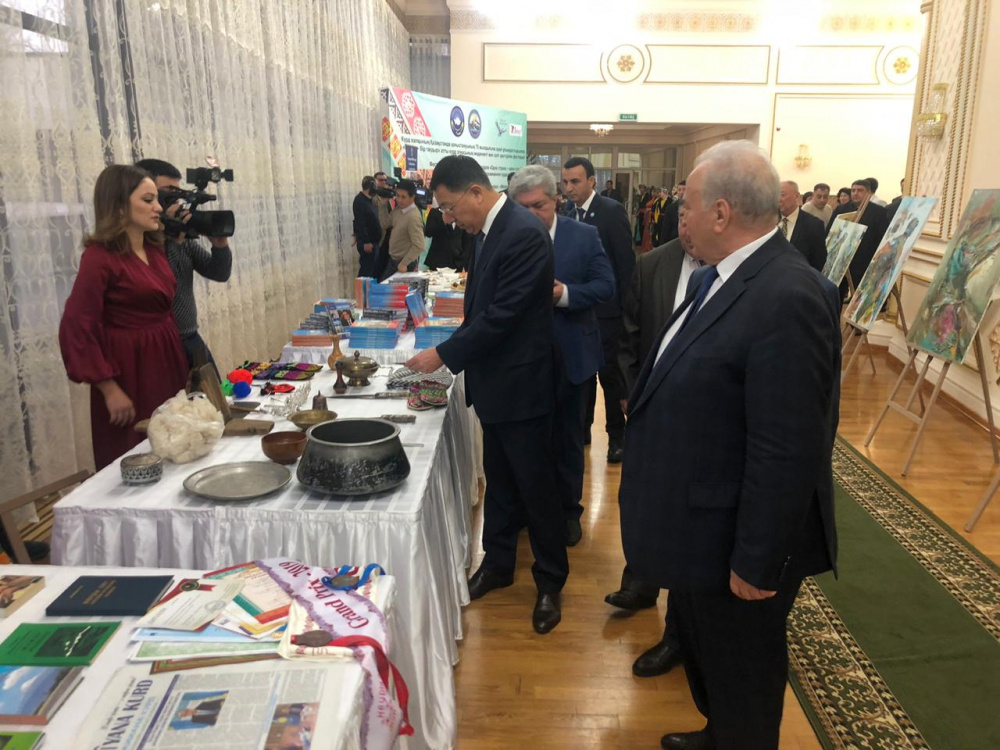ALMATY – Republican House of Friendship held the festival of Kurdish culture and traditions "One Country - One Destiny".
To date, the modern culture of Kazakh Kurds is an integral part of the multinational culture of Kazakhstan. Public associations of Kurds, located in the Friendship Houses of several regions of the country, pay special attention to the development of spiritual and cultural life of the ethnic minor. Poetry evenings, traditional meetings with famous Kazakh personalities, scientific and practical conferences and round tables are held annually. In addition, a great deal of work is done with young people in Kazakhstan: dozens of Kurdish young men and women study at universities and other educational institutions and take an active part in social and cultural events.
"The number of Kurds in Kazakhstan has increased significantly in recent years, not only due to migration, but also due to stable natural growth. Peace, harmony, favorable social and economic situation, free development of native language and culture gave the ancient people an opportunity to feel equal in the brotherly family of the people of Kazakhstan, and the evidence of it is the Day of Culture and Traditions of the Kurdish minor of Kazakhstan," Zhanseit Tuimebayev said.
Besides, Deputy Chairman noted the contribution of Kurdish ethnos in various fields of activity.
" Kurds, along with other peoples, have achieved a lot in science, culture, education, social and political life. Kazakhstan has given the first Kurd, an academician of National Academy of Sciences RK Nadir Nadirov in the former USSR.

Doctors of technical, chemical and historical sciences G. Musayev, U. Sadykov, K. Nadirova, M. Mamedov, candidates of medical, economic, agricultural and philological sciences T. Mirzoeva, U. Daudova, M. Badirova, J. Osmanov, F. Ibragimov, H. Hasanova, H. Aliyeva, M. Yussubova and many others are known among the scientists of Kazakhstan," Tuimebayev said.
The Kurdish ethnos belongs to one of the oldest peoples of the Middle East. The first mention of the Kurds as "kurti" people dates back to 4000 B.C. Ethnos was one of the first to be deported to Kazakhstan. For the first time they appeared in Kazakhstan and Central Asia in 1937, then in 1944, there was the second stage of resettlement of Kurds. To date, the number of Kurds is 46 348. In 1993, the regional Association of Kurds of Kazakhstan "Barbang" was established, which now has a republican status. Branches have been opened in almost all regions where the Kurds live compactly.
Creative groups operate under the Association: "Barbang" dance group, "Kurdistan" and "Midia" vocal and instrumental ensembles, "Bahar" folklore and dance group. A Sunday school for the study of the state and native languages is open. Kurdish language classes are taught in schools for children in areas with large Kurdish populations, and Ahmed Hani poetry groups are active.


